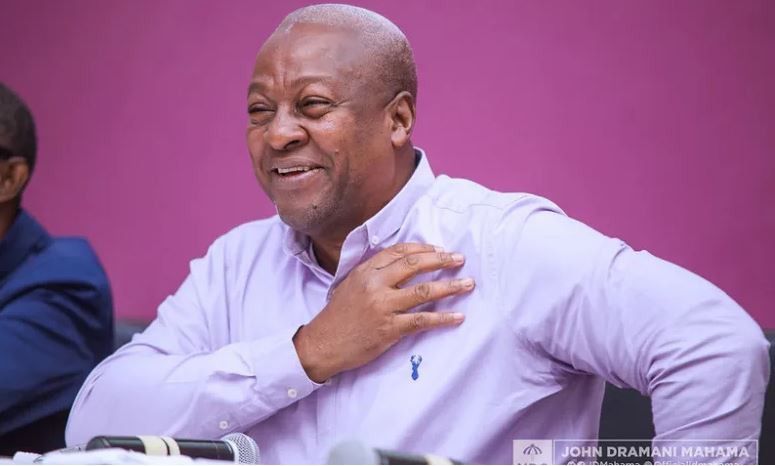
President-elect of Ghana, John Dramani Mahama, has outlined his plans for job creation to address the issue of unemployment under his incoming government.
According to Mahama, his administration will not focus on creating “artificial” jobs like the National Builders Corps (NABCO) introduced by the outgoing New Patriotic Party (NPP) government. Instead, he plans to prioritise building technical skills among the youth and encouraging active private sector participation to effectively tackle unemployment.
In an interview with Voice of America’s (VOA) Paul Ndiho, the president-elect described job creation as a process that begins with restoring the Ghanaian economy.
The first thing is restoring the economy back to health and restoring it back onto the path of growth. That in itself will begin to throw up jobs. Businesses are suffering. A lot of businesses have laid off people just because of the crisis we've had in the economy. And so just bringing the economy back and letting businesses grow again.
He also criticised past employment schemes, stating:
We are not interested in the artificial job creation measures that have been done in the past like NABCO, where young people were taken through three years, paid an allowance and promised that they'd be graduated into jobs, and at the end of the process, they've been abandoned.
John Mahama further emphasised the importance of leveraging the private sector:
The government sector employs less than a million people out of a population of 33 million. So it's not a viable sector where all the teeming youth can get a job. The best place to get a job would be for the private sector to grow.
In the past, what we've done is pay lip service to the private sector. It is time to take the private sector seriously, both in terms of expanding their capacity to employ, but at the same time creating opportunities for people to do their own jobs.
NABCO was a three-year programme launched by President Nana Addo Dankwa Akufo-Addo on May 1, 2018, aimed at addressing graduate unemployment while solving social problems. The programme was later extended, ending in September 2022.
However, many trainees from the programme continue to demand payment of their outstanding allowances.
Read Full Story

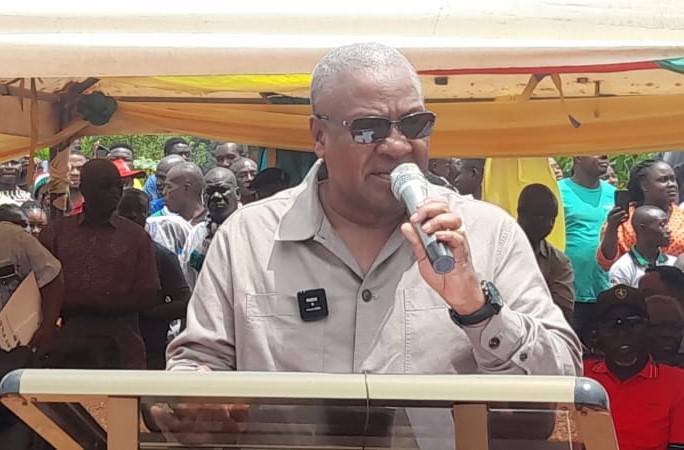
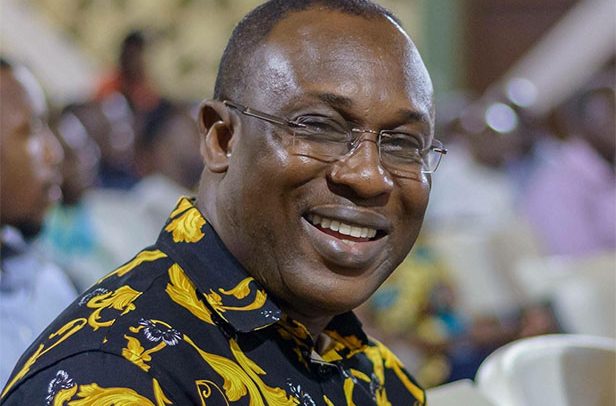
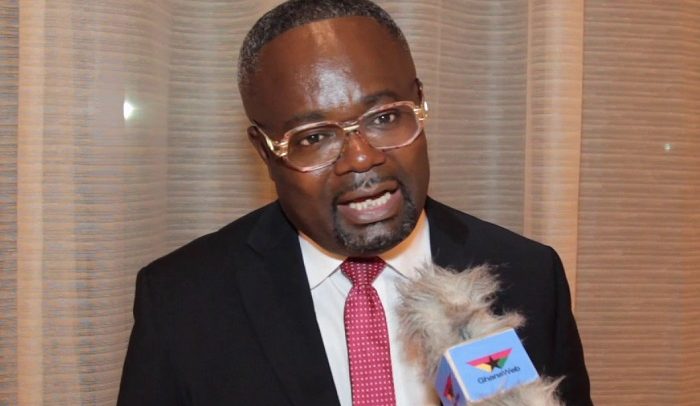










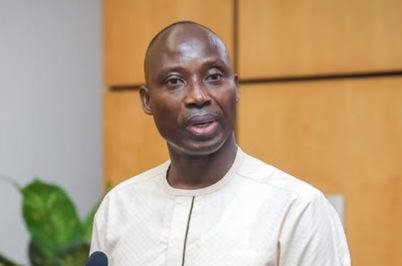






Facebook
Twitter
Pinterest
Instagram
Google+
YouTube
LinkedIn
RSS